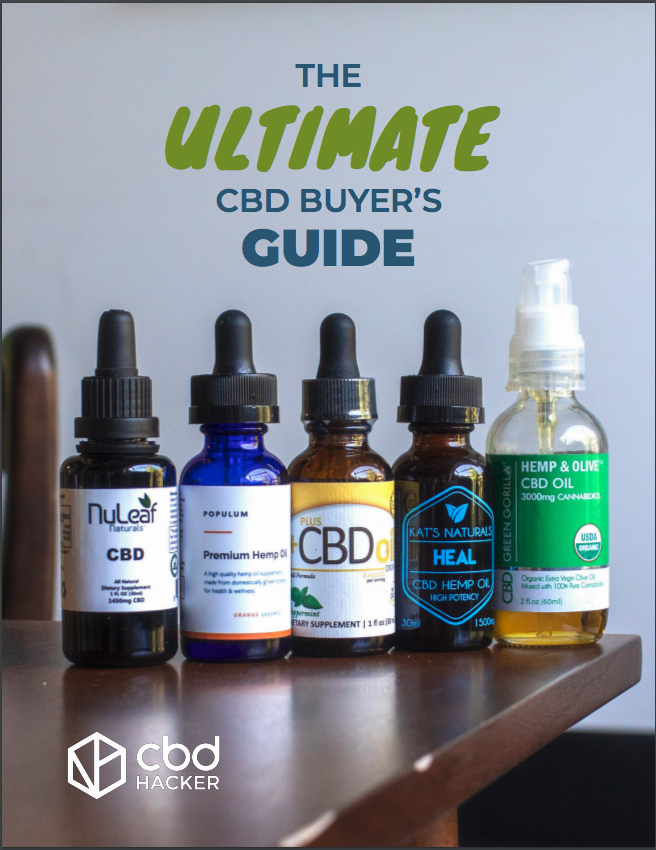What’s the relationship between CBD and antibiotics? Is it safe to use them together?
Well, if you could go back in time to the beginning of the 20th Century, you would be able to walk into a drug store and purchase a variety of medicines that included cannabis as an ingredient.
 The Controlled Substances Act of 1970 classified cannabis as a drug with no medical uses, but today, that attitude has changed. Researchers have returned their attention to the health benefits of cannabis, and new studies suggest that the health benefits of cannabis are real.
The Controlled Substances Act of 1970 classified cannabis as a drug with no medical uses, but today, that attitude has changed. Researchers have returned their attention to the health benefits of cannabis, and new studies suggest that the health benefits of cannabis are real.
One of the primary chemical compounds derived from cannabis is cannabidiol, or CBD. This non-psychoactive compound can provide relief for people with conditions ranging from seizures to chronic pain.
If you are already using CBD, or wondering whether it’s right for you, talk to your doctor about the potential for interactions with prescription drugs. Because of the way the body metabolizes CBD, it is possible that it could interact with some medications, including some antibiotics.
CBD’s Antibacterial Properties
Until 1942, cannabis was listed as a medication in the U.S. Pharmacopoeia, an official listing of drug information. Even as late as the 1950s, scientists were studying cannabis as a treatment for diseases like tuberculosis, even though many states had passed laws banning cannabis at that time.
With changes in the legal status of medical marijuana in recent years, researchers have returned their attention to the antibiotic properties of the chemical compounds in cannabis, including CBD.
In 2007, scientists from Italy and the U.K. published a study showing that CBD is a potent antibacterial agent, and that it could be used topically to treat stubborn infections. They tested different cannabinoids against methicillin-resistant Staphylococcus aureus, or MRSA. This infectious bacterium is extremely dangerous, because it doesn’t respond to many existing antibiotic medications and can spread throughout the body.
This study determined that CBD can kill MRSA. It is even effective against some strains that don’t respond to conventional antibiotics. We need more research to determine how CBD can most effectively help in fighting this serious public health threat.
Cytochrome P450 and Medicine
A family of liver enzymes known as cytochrome P450, or CYP, is responsible for breaking down many kinds of substances so that the body can either use them or get rid of them. Metabolism is the name for this process, and he broken-down components of the substances are metabolites.
CYP enzymes are responsible for the metabolism of more than 60 percent of prescription medications on the market today, including some types of antibiotics. These enzymes do not behave exactly the same way in every person – researchers have discovered genetic differences in the effectiveness of CYP enzymes. These variations in CYP activity can help explain why a particular medication may be more effective for one person than for another.
CYP, CBD and Antibiotics
When you ingest CBD, it may interact with CYP enzymes in your liver. Basically, CBD can slow down the way that the enzymes break down other substances in the body.
Depending on how your body metabolizes a particular type of medication, and on the dosage and method of taking CBD, the intensity of the drug’s effects could increase or decrease when you are also taking CBD.
There haven’t yet been studies focusing on potential interactions between CBD and antibiotics in particular, but studies suggest that interactions with other types of drugs are possible. For example, it seems that CBD can impact the effects of chemotherapy and epilepsy medications. In these cases, a patient might need their doctor to change the dosage of their medication.
While it’s important to be aware of the potential risks of interactions between antibiotics and CBD, it’s also important to remember that very few interactions between CBD and prescription medications have been reported outside of a research setting.
Be sure to talk to your doctor about CBD, as well as any other medications or supplements you’re taking, if you will be taking antibiotics. This way, your doctor will have the information they need to determine the right dosage for your prescription.






